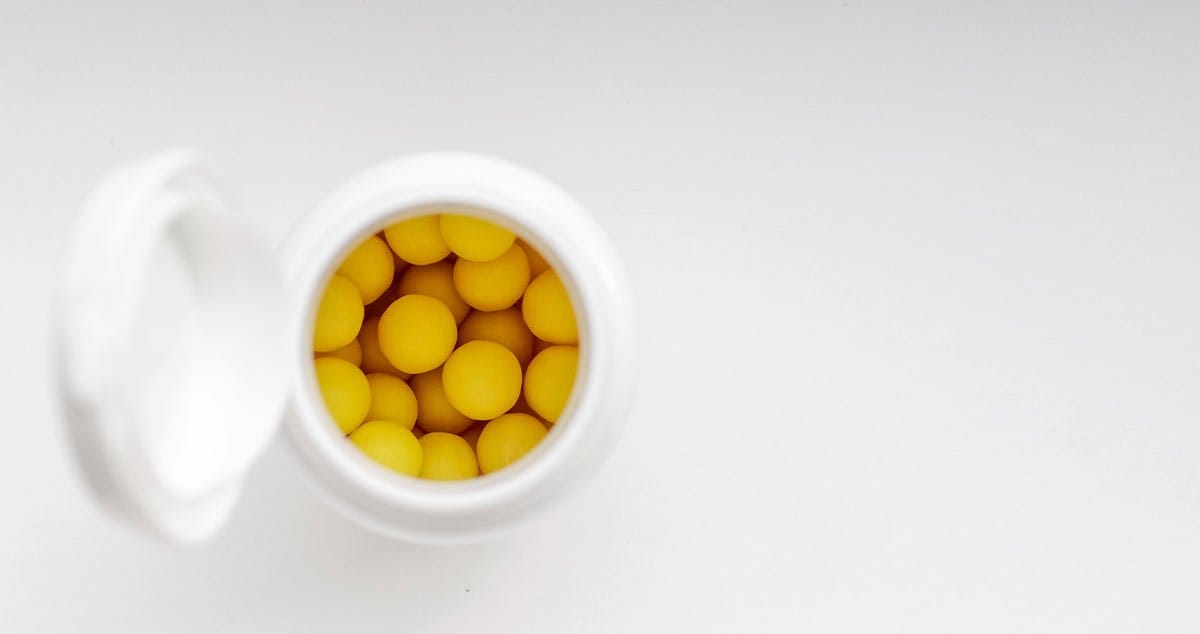It can be very difficult to live with an alcoholic, regardless of your relationship to them. The problem becomes even more difficult if the alcoholic is a close family member of yours, such as your daughter. You will likely be dealing with a difficult emotional situation, and it’s natural to wonder what you can do to help your daughter. Fortunately, the situation is not hopeless. There are many things that you can do to help your daughter on the road to recovery, and that’s what this article will discuss.
How to tell if your daughter is an alcoholic
The first thing that you should do before trying to help your daughter is to make sure that she’s actually an alcoholic. Alcohol is a readily available substance, and many people are able to drink responsibly without actually becoming a serious alcoholic. If your daughter has a few drinks a couple of times a month, this could understandably be concerning for a parent. However, this would not actually be considered alcoholism by its medical definition. Alcoholism is very serious, and there are a number of things that could indicate that your daughter is an alcoholic:
- Excessive consumption of alcohol. Drinking for several days in a row (known as binge drinking) or drinking to the point of intoxication several times a week is a good indication of a growing alcohol problem.
- Regularly drinking to the point of ‘blacking out,’ – not remembering anything from the night before
- Frequently spending more money than she intended on alcohol or being unaware of what she spent her money on while she was going out for a drink
- Beginning to experience dependence, tolerance, or withdrawal symptoms, which we will outline later
- Avoiding social interactions or situations without being able to have a drink
- Missing plans, appointments, school or work as a result of drinking alcohol (whether the cause is her being hungover or deciding that going out for drinks is more important)
- Driving while under the influence of alcohol
If you have noticed that your daughter is experiencing some of the above things, this could indicate that she is struggling with an alcohol problem. The next thing to do is try to identify how serious the problem is.
Addiction, Tolerance, Dependence, and Withdrawal
Alcohol is a very serious drug, and its dangers should not be underestimated. Serious alcohol withdrawal can kill a person if it’s not dealt with properly, and the best thing to do is avoid letting the problem become this serious. There are several stages of alcoholism that will be experienced before your daughter gets to that point, though.
Addiction
People can be alcoholics without actually drinking that often. Many people consider alcoholics to be people who drink daily or almost daily. While these people are considered alcoholics, there is another form of alcoholism that isn’t considered as often. If your daughter doesn’t drink that often but is prone to drinking beyond her limits, then she could be an alcoholic. Some infrequent drinkers find that once they start drinking, they are unable to stop themselves until they have run out of alcohol or until they are blacked out and have passed out. This is an indication of alcoholism. Yet others may not drink very often, but when they do, they will go on 2-3 day drinking binges in which they are drinking most of the time. All of these issues are valid reasons to seek help for alcohol addiction.
Tolerance
As a person drinks more and more, they will begin to require more alcohol to experience the same drunkenness that they once did. This is a result of tolerance. Tolerance is a mechanism that your body uses in an attempt to maintain an equilibrium, so to speak. Your body is incredibly careful in its regulation of hormones and neurotransmitters (brain chemicals) and when someone consumes a lot of a drug or substance, the body attempts to maintain that balance by changing its own biochemistry. In the case of alcohol addiction, the brain reacts by desensitizing its GABA system. Alcohol primarily targets GABA, a neurotransmitter responsible for promoting feelings of relaxation and comfort. However, when the brain is bombarded by alcohol, it responds by desensitizing the GABA system in an effort to maintain the level of GABA that was originally present. As the system gets more and more desensitized, your daughter will have to drink more and more alcohol to get the same buzz. This is tolerance.
Dependence
If a person keeps drinking after they develop a tolerance, they will eventually become dependent on alcohol. This happens when the brain desensitizes certain systems, such as GABA, so much that it’s not able to produce these substances anymore. At this point, it will be absolutely reliant on alcohol to actually produce GABA and the related feelings of well-being that GABA is responsible for. If your daughter is dependent on alcohol, she will likely feel unwell or unable to function properly unless she has had a drink. Many people who are dependent on alcohol drink all throughout the day.
Withdrawal
If your daughter has drunk for long enough to experience dependence, then she will likely also experience withdrawal. Withdrawal is a condition in which someone actually becomes physically and mentally sick if they are not able to consume their drug of choice, in this case, alcohol. Avoiding withdrawal symptoms are one of the main reasons that alcoholics continue to drink, even though they may be interested in stopping their usage. Withdrawal symptoms can include:
- Nausea and vomiting – more persistent than that which can occur during a hangover
- Tremors, physical shaking (known sometimes as ‘the shakes’)
- Confusion, anxiety, mood instability, and irritability
- Lack of coordination
- Lack of cognitive processing ability, bad memory
- Sensitivity to light
- Sweating, high blood pressure, fast heartbeat
In some serious cases, alcohol withdrawal can lower the seizure threshold significantly, meaning that the alcoholic would be much more likely to have a seizure. This is why it’s so important to seek a medically supervised detox for anyone who is going to be experiencing alcohol withdrawal. 
What can I do to help?
The first thing that you can do to help your daughter is to approach her about the issue. Unfortunately, this can also be the most difficult part of the process. Many alcoholics become defensive when they are approached about their problem. In many cases, they perceive your concern as an attack. Instead of opening up, they will become defensive, confrontational, or feign ignorance. There are some ways to work around this, however.
- Make sure that you phrase your approach properly. Instead of starting your sentences with you, e. “you are drinking too much,” start your sentences with “I,” i.e “I am concerned about your drinking.” Starting a sentence with “you” makes it easy to perceive your concern as an attack.
- Approach from a non-judgmental space of compassion and concern. You really have to let your daughter know that you are concerned about her drinking because you love her, not because you are judging her or feel that she should change to be accepted.
If your daughter is receptive, willing to listen, or perhaps even eager to work on her drinking problem, then you can move onto the next step.
Detox and Rehabilitation
Depending on how serious your daughter’s alcohol problem is, you may need to get her to go through a detox program. Alcoholics who drink a mild to moderate amount may be able to cease drinking without medical support, however, those who drink to excess should seek medical supervision. Because of the unpleasant and potentially fatal nature of alcohol withdrawal symptoms, it’s best to do this with professional care available. Before going to detox, you will want to encourage your daughter to wean off the alcohol. If she is a heavy alcoholic, it would be a great help to slowly reduce the amount of alcohol that she drinks over a period of weeks or months to ensure that the withdrawal symptoms are not as severe. After the weaning and detox phase, you can get into an actual rehab program.
- Outpatient rehab is effective for alcoholics who drink a mild-to-moderate amount. They will have the freedom to come and go from the rehab facility as long as they attend their classes and therapy sessions.
- Inpatient rehab is good for serious alcoholics who have struggled with the problem for a long time. They will be unable to leave for the duration of the treatment and will have 24/7 access to qualified medical professionals.
Post-Rehab
After completing rehab, it’s important to get your daughter a good support network. This can include non-drinking, caring friends and family, as well as support groups like Alcoholics Anonymous. A good support group will continually encourage your daughter to remain sober and will provide an opportunity to be open and honest about her experiences so she doesn’t feel that she has to hide anything. Helping her find a new group of friends is a great help, as is helping her to find hobbies and activities that she enjoys so that she has something to fill her time with aside from drinking.
Conclusion
Alcoholism is a very dangerous and difficult condition, and if your daughter is struggling with it it can be difficult to know where to start. Fortunately, there are a lot of ways that you can help her overcome her problem. If your daughter needs help, look into finding an appropriate rehab program.










